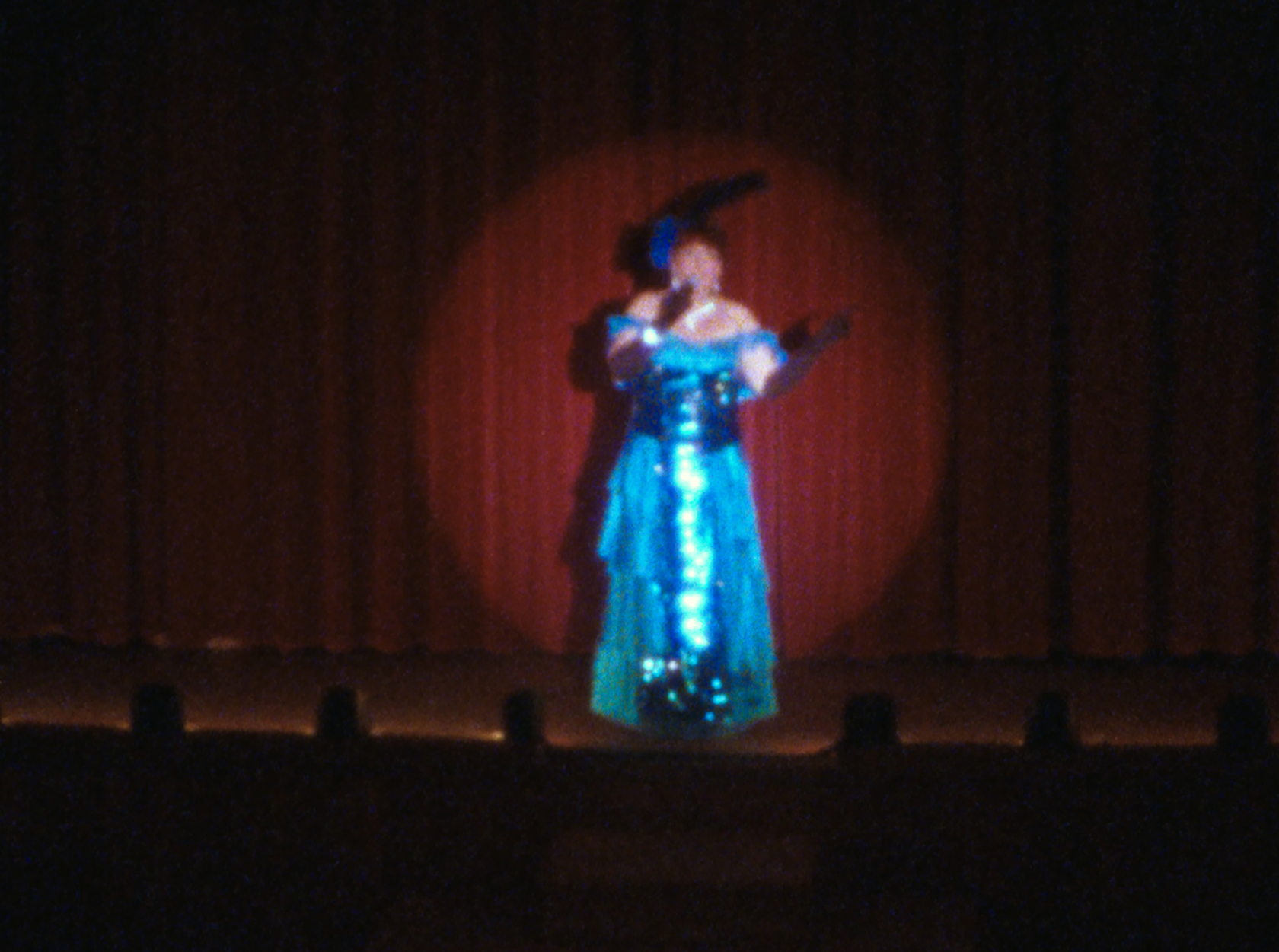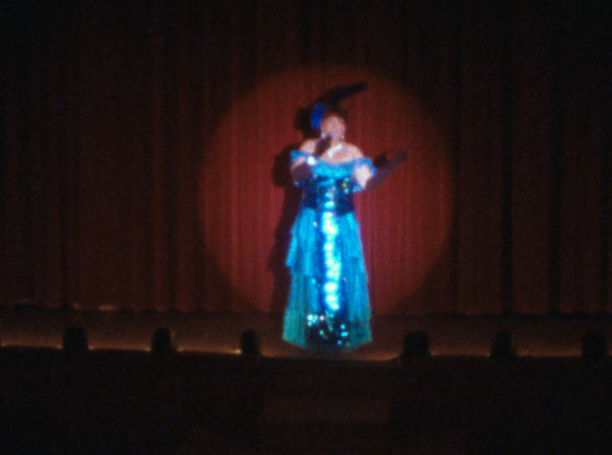Throughout the month, MOCA’s SCREEN program for experimental film and video art will highlight the work of Deborah Stratman. Deborah Stratman is a Chicago-based artist and filmmaker whose practice exists between experimental and documentary genres. Over the course of the month, moca.org/screen will present two films: Optimism (2018) and The Illinois Parables (2016). Shot on location in the Yukon Territory and the state of Illinois respectively, the two films dwell in the particularities of place. These two films employ textual, archival, and aural techniques to trace latent narratives that flow below a region's surface. They interrogate historical accounts while simultaneously mapping constellations around settler-colonial intervention, ecology, and collective belief.
Optimism
2018, 14:43min, Super 8 to HD
Draw down the sun. Dig up the gold.
The urge to relieve a winter valley of permanent shadow and find fortune in alluvial gravel are part of a long history of desire and extraction in the far Canadian north. Cancan dancers, curlers, ore smelters, former city officials and a curious cliff-side luminous disc congregate to form a town portrait. Shot in location in the Yukon Territory.
The Illinois Parables
2016, 60 minutes, 16mm / DCP
An experimental documentary comprised of regional vignettes about faith, force, technology and exodus. Eleven parables relay histories of settlement, removal, technological breakthrough, violence, messianism and resistance, all occurring somewhere in the state of Illinois. The state is a convenient structural ruse, allowing its histories to become allegories that explore how we’re shaped by conviction and ideology.
The film suggests links between technological and religious abstraction, placing them in conversation with governance. Locations are those where boundaries between the rational and supernatural are tenuous: "thin places" that bear a heavy pasts, where desire and displacement have lead us into, or erased us from the land. What began as a consideration of religious freedom eventually led to sites where belief and/or invention triggered expulsion. The film utilizes reenactment, archival footage, observational shooting, inter-titles and voiceover to tell its stories and is an extension of previous works in which the director questioned foundational American tenants.
The Parables consider what might constitute a liturgical form. Not a sermon, but a form that questions what morality catalyzes, and what belief might teach us about nationhood. In our desire to explain the unknown, who or what do we end up blaming or endorsing?
Watch all films on moca.org/screen.
About the Artist:
Artist and filmmaker Deborah Stratman makes work that investigates issues of power, control and belief, exploring how places, ideas, and society are intertwined. Recent projects have addressed freedom, surveillance, sisterhood, public speech, sinkholes, levitation, orthoptera, raptors, comets, evolution, exodus and faith. She exhibits internationally at venues including MoMA NY, Centre Pompidou, Hammer Museum, Witte de With, Tabakalera, Austrian Film Museum, Whitney Biennial and festivals including Sundance, Berlinale, CPH/DOX, Viennale, Oberhausen, True/False, Locarno and Rotterdam. Stratman lives in Chicago where she teaches at the University of Illinois.
SCREEN: Deborah Stratman is organized by Troyese Robinson.
Virtual MOCA is a new and daily digital series available on both moca.org and across MOCA's social media platforms. To enjoy the breadth of this program, please follow us on our social channels:
Instagram: @moca
Facebook: @mocalosangeles
Twitter: @mocalosangeles
TikTok: @moca
All Virtual MOCA content is archived and sent out via email at the end of each week. For easy access to previous programs, subscribe to our mailing list.
Virtual MOCA is presented by the MOCA Thrive Fund courtesy of Chara Schreyer.

